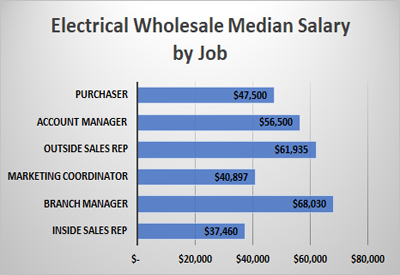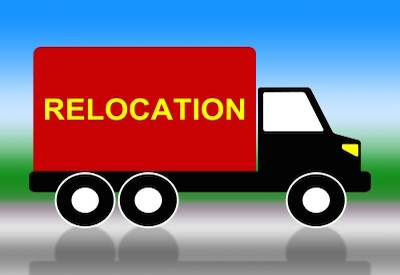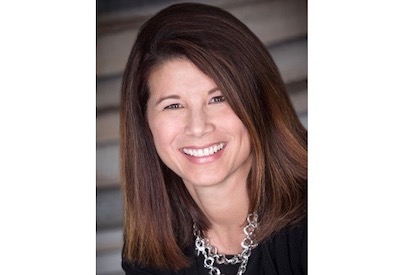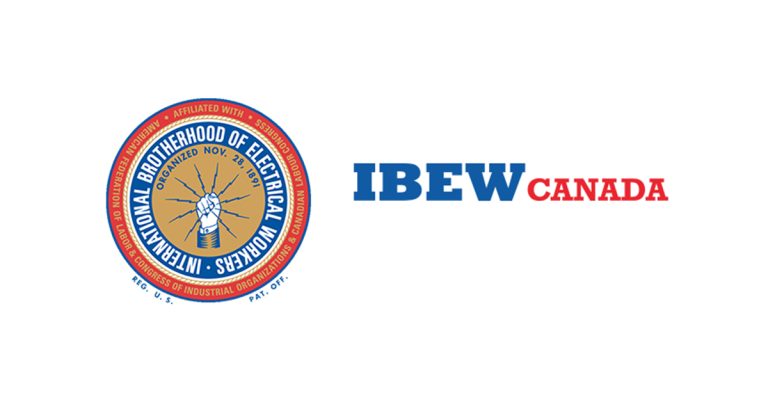Recollections: Donald Hughes

July 30, 2018
Donald Hughes served as Past President 1957-1959 and was an honourary life member.Donald Hughes served as Past President 1957-1959 and was an honourary life member.
Before and during my term as President, CEDA was holding three major meetings a year: January/February —Eastern Conference (Ontario, Quebec and East Coast members); May — Annual Meeting and Conference (all members and suppliers); Fall — Western Conference (all members west of the Ontario border).
The reason for the eastern and western zone conferences was a belief that because of manufacturers, zone pricing and transportation policies, each region had different problems in moving goods to market, and these problems could best be addressed by the members in the two zones meeting together. The annual meeting tried to deal with those problems that were general to all members regardless of location.
The President of CEDA was expected to be present and to preside at all three conferences, plus the monthly meetings of Ontario members as well as several Montreal meetings of the Quebec members. In addition to those meetings, there were special committee or head office meetings. As my home and business affiliations were in London Ontario, the post of Ppresident required me to commute a lot, mostly by rail.
Mr. Norman Franks was the Manager of CEDA during my time, the CEDA office was at 212 King Street West, the former head office of C.G.E. (prior to building their Castlefield headquarters). The building had been renovated for commercial office use, and Mr. Franks felt quite at home there, since he was a former Vice President of C.G.E.’s Ontario operation. Mr. Franks was a fine man whose integrity and stature in the industry were well respected by members and suppliers alike.
CNR ran a daily “businessmen’s special” between Windsor and Toronto, and it soon became my favorite mode of travel up to “the city”. The train left London at 6:50 am, with stops at Woodstock and Brantford, arriving in Toronto’s Union Station at 9:00 am. I would take the parlour car, pick up the morning paper, and read the news while seated in a big, comfortable swivel chair. Some days I would have breakfast, but I would always arrive in Toronto refreshed and ready for a day’s work with Mr. Franks and the members.
Our monthly meetings were held at the old Walker House, a tradition that lasted many years until they were transferred to one of the (then) newer hotels.
Late in the afternoon of my trips I would board the 4:45 pm train back to London, have a leisurely drink in the chair car while reading the afternoon paper, and later I would stroll into the dining car for dinner. The dining cars were very special places, tables covered with fresh bright linen on which were set polished silverware, shining glasses and a vase of fresh cut flowers. How the railroads were able to maintain such elegance in such a confined space was beyond me. Food service was by smartly uniformed waiters balancing their large trays of food as they moved up and down the swaying coach, quite a balancing act. (My favourite from the menus of those days was smoked Lake Winnipeg Goldeye.)
By seven o’clock in the evening I was back in London. The train was a refreshing, charming way to travel and I was sorry to see that type of service pass out of existence.
Annual meetings up to the early 1050s were stag, members only. A very few members brought their wives with them, but they were never in evidence. During Bill LeGallais’ term of office (1954-1956), he promoted full attendance of member delegates wives, with tours and social activities specially planned for them. There was some grumbling from the stoics that our meetings would turn into glorified tea parties, but such was not the case, rather our meetings became more businesslike and respectable. So successful was this change that the privilege was extended to the supplier delegates. The annual meeting of 1957, held at the Delawana Inn, Honey Harbour in Ontario, was the first conference where these privileges were fully exercised.
The annual meeting of 1957 turned out to be my “baptism by fire”. It happened this way:
As Ontario Vice President it was my duty to head up the conference committee and finalize accommodations, meeting arrangements, program details, etc., all of which were duly completed early in May. Shortly thereafter I was stricken with suspected Meningitis (later diagnosed as Asian Flu). I was very ill and delirious for almost a week and only managed to get back on my feet a couple of days before leaving for the conference.
When Viola and I arrived at Honey Harbour I was still weak and groggy and hoped (and intended) to take it easy for a few days. But that was not to be. When I reported to Norm Franks he said: “I have some bad news for you, Lionel Cote (the incumbent President), is not going to be able to attend the conference and you will have to assume all of his duties and meeting obligations.” It was a nightmare for me, compounded by the fact that far more suppliers and their wives showed up to register than the inn was capable of accommodating. We had to work hard and commandeer space in nearby motels to house them all. Our attendance reached an all-time high: 220 people, the first time ever we had passed the two hundred mark.
During the last day of the annual meeting I was elected President. It was customary at the time for the President to serve two consecutive terms, (for the sake of continuity), and had Mr. Cote shown up he might have been re-elected and history would have been a little different. As for me, by the end of the conference, a very hectic session, I felt that I had already served my first term…
After I completed my term as President I became less active in CEDA affairs and appreciated having more time at home to mind the store. However, my involvement with CEDA was not over. I was appointed Chairman of the Lamp Suppliers Committee on the eve of the introduction of a controversial (from the wholesalers point of view) new lamp marketing program. Many were the letters exchanged between my committee and the manufacturers, and several years later, when Combines prosecuted the lamp industry for collusion in the program, I spent a couple of unpleasant hours on the witness stand explaining what all the statements in the CEDA letters really meant.
Finally, as an old war horse I was turned out to pasture and left the running of CEDA to younger men. Now as honourary member I look back fondly on my involvement and many personal associations that I have made and continue to enjoy.











